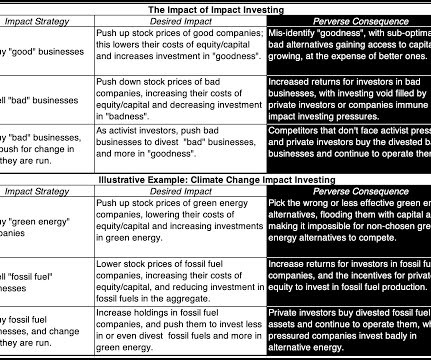How to Start a Private Equity Firm – and Why You Probably Shouldn’t
Brian DeChesare
OCTOBER 12, 2022
If you search for “how to start a private equity firm” online, you’ll find results that range from useless to tangentially useful to occasional nuggets of real wisdom. Starting a private equity firm is a bad decision for ~95% of people who work in the finance industry. How Does It Work?














Let's personalize your content